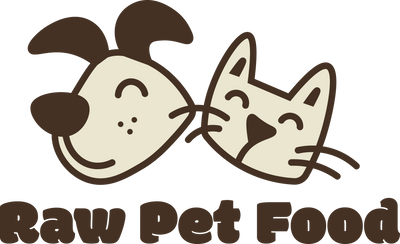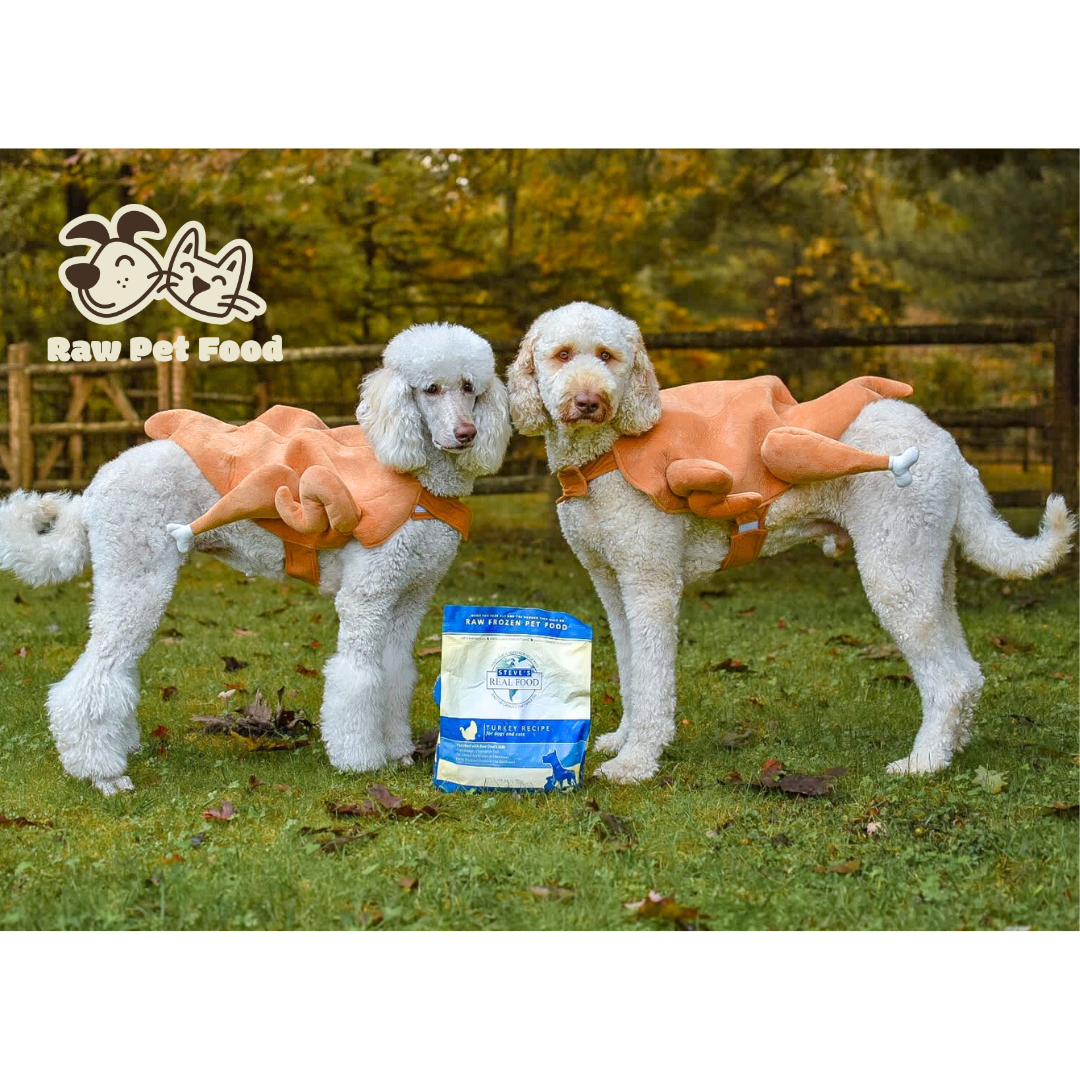Can Dogs Eat Turkey and Other Thanksgiving Foods?
Thanksgiving is a time for family, feasting, and celebrating, but for our four-legged friends, it’s the #1 holiday for emergency vet visits. Many pet parents don’t realize just how dangerous this festive meal can be for dogs. With food scraps piling up and delicious aromas in the air, dogs are tempted to dig into the trash or sneak bites off plates, leading to serious risks. Emergency visits often spike because of dogs eating things they shouldn’t, like cooked bones, corn cobs, and even non-food items like turkey string, foil, or toothpicks. These can cause dangerous blockages, choking hazards, and even life-threatening conditions like pancreatitis from ingesting cooked fats.
But don’t worry—there are still plenty of safe, dog-friendly options to share, so your furry friend can join in the Thanksgiving fun without the risk. Read on to discover which holiday foods are safe to give to your dog and learn tips to keep them happy and healthy throughout the festivities!
Yes, Dogs Can Enjoy Plain Turkey
Turkey is often the main part of a Thanksgiving meal, and it’s a great protein source for dogs! Lean and packed with nutrients like B vitamins, turkey can make an excellent addition to a dog’s diet. In fact, turkey is a very common pet food protein due to its high protein, and low-fat benefits. If you want to share some turkey with your dog, make sure it’s plain and cooked without any added seasoning, butter, or oils.
Here’s a list of precautions to keep in mind to safely feed turkey to your dog or cat:
Remove the Bones: Turkey bones are a choking hazard and can splinter easily, potentially causing damage to a dog’s mouth, throat, or intestines. Never feed cooked bones to your dog.
Avoid the Skin: Turkey skin, especially if it’s been seasoned or cooked with butter and oils, is high in fat and can lead to pancreatitis in dogs.
No Gravy: Gravy is often packed with salt, butter, and seasonings, which can be harmful to dogs.
If you're planning to share some turkey with your dog, keep it simple by offering a small portion of plain, boneless, and skinless white meat.
Yes, to Many Vegetables
Vegetables can be an excellent addition to your dog’s diet, and many dogs love a crunchy veggie snack. For Thanksgiving, consider offering some plain, unseasoned vegetables:
Carrots: These are low in calories, high in fiber, and rich in beta-carotene, which promotes good vision.
Green Beans: A great source of vitamins C and K, green beans also provide fiber and are low in calories, making them a healthy treat.
Pumpkin: This Thanksgiving favorite is high in fiber, supports digestive health, and is rich in vitamin A. Make sure it’s plain and free of spices or added sugar.
Apples: These are a crunchy, fiber-rich snack and a great source of vitamins A and C. Be sure to remove the seeds and core, as they can be harmful to dogs.
Brussels Sprouts: These small, green veggies are packed with vitamins C and K and have antioxidants that can help support a dog’s immune system. Feed them plain and in moderation, as they can cause gas.
Broccoli: This green veggie is packed with fiber and vitamins C and K, making it a nutritious choice. Feed in small amounts, as too much can cause stomach upset in some dogs.
Celery: A low-calorie veggie that’s high in vitamins A, C, and K, as well as fiber. Celery can also freshen your dog’s breath!
Spinach and Kale: Both are rich in iron, antioxidants, and vitamins, making them a great addition in small amounts. Too much spinach can be tough on your dog’s kidneys, so serve these greens in moderation.
While veggies are great for dogs, avoid seasoning them with butter, salt, or onions. Keep them as plain as possible to ensure they’re safe for your pet.
Thanksgiving Foods That Are NOT Ok to Feed Your Dog
Not every Thanksgiving food is safe for dogs. Here’s a list of common holiday dishes you should avoid feeding your dog, even in small amounts:
Desserts: Sugar is not good for dogs, and many desserts contain chocolate, xylitol, raisins, and other ingredients that are highly toxic to dogs. Even a small amount of these can cause serious health issues.
Mashed Potatoes: While plain, unseasoned potatoes can be okay in moderation, Thanksgiving mashed potatoes are usually prepared with butter, cream, and sometimes onions, which can be harmful.
Alcohol: Alcohol is highly toxic to dogs, and even a small amount can cause serious harm. Be cautious of unattended glasses, as dogs can accidentally ingest alcohol in small sips.
Onions: These ingredients are common in Thanksgiving stuffing, casseroles, and other dishes, but they’re toxic to dogs. Even in small amounts, onions can lead to anemia and other serious health problems.
Stuffing: Often contains onions, garlic, and herbs that are toxic to dogs. Even small amounts can be harmful and should be avoided.
Gravy: Gravy typically includes salt, seasonings, and fats that can upset your dog’s stomach and may lead to pancreatitis.
Cranberry Sauce: Many cranberry sauces contain added sugar, and some recipes even include alcohol or grapes, which are toxic to dogs.
Green Bean Casserole: While plain green beans are safe, casseroles often contain onions, creamy sauces, and other ingredients that are not safe for dogs.
Pumpkin Pie: Contains sugar, spices, and sometimes dairy, which can upset your dog’s digestive system. Plain, unsweetened pumpkin puree is a better alternative.
Ham and Pork Products: High in fat and salt, these can lead to pancreatitis or even salt poisoning in dogs.
When in doubt, avoid giving your dog the food.
Let Your Dog Feast on Steve’s Real Food Raw Turkey Blend This Thanksgiving - a Safe, Easy Option!
If you’re looking for a simple and healthy way to share Thanksgiving with your dog, consider our Turkey Raw Pet Food! Each bag features free-range turkey. Order online and have Steve’s Real Food delivered to your door!



